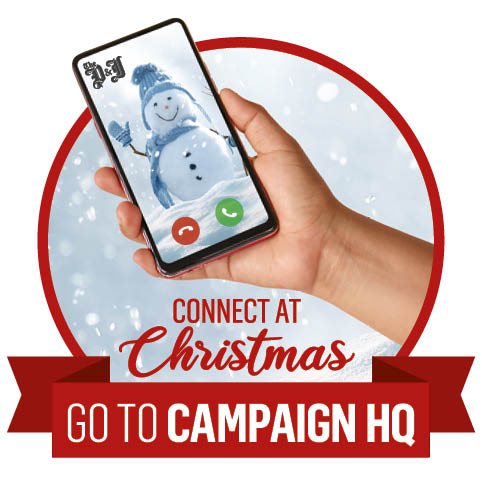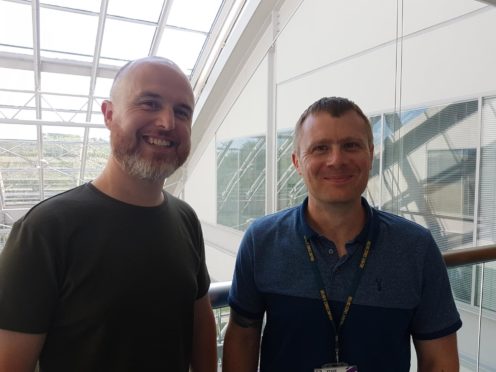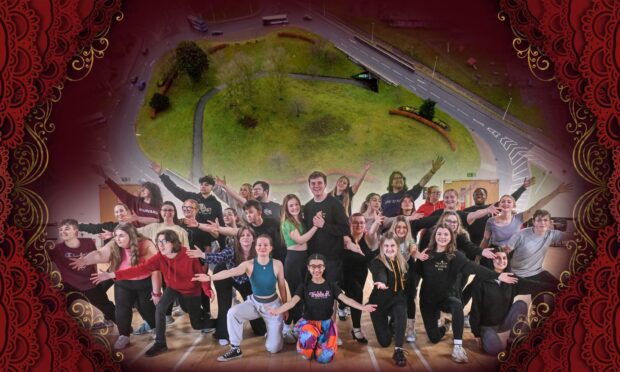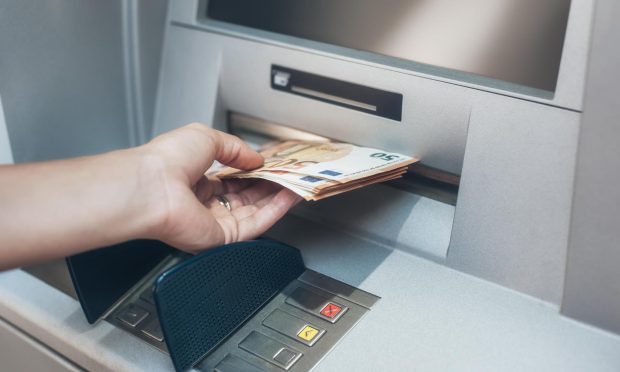Two mental health lecturers are urging people to be patient this festive period – not just with others, but yourself too.
Scott Macpherson and Dan Warrender, both previously mental health nurses, now lecture for the school of nursing, midwifery and paramedic practice at the Robert Gordon University in Aberdeen.
With traditional Christmas celebrations now curtailed to one day before tougher restrictions are rolled out on Boxing Day, the pair say it is important to strike a balance between wanting to see loved ones and doing what is right for you.
 Mr Macpherson said many people would feel additional pressure to meet the expectations of others.
Mr Macpherson said many people would feel additional pressure to meet the expectations of others.
“It’s a difficult balance because if you think not mixing is going to be really bad for your mental health but you’re also concerned about your physical health and that of others, how do you decide?
“How do you strike the balance between feeling OK mentally and physically as well?”
Although the festive period is likely to be different for everyone this year, some will find it harder than others.
As well as loneliness, professionals say some will also be worrying gifts and money, having to spend time with people who trigger them because of previous trauma or who don’t accept their identity.
Mr Warrender said that although there might be heightened feelings of loneliness over Christmas, this can often come down to personal interpretation.
“There is no reason for people to feel worse just because it’s a particular time of year,” he said. “I think what happens at times like Christmas is that you look on the TV and there’s these wonderful adverts with families together.
“There’s something about the culture of Christmas that shows people connecting and coming together – I think there’s a bit of social comparison in a way.”
He suggested trying to let go of what we can’t control, finding things to be grateful for and remembering the pandemic won’t last forever as ways to cope with the heightened emotions.
Both lecturers urged people to be kind, patient and understand that people might be decisions that differ for what they think is right.
“Try to really understand, try to empathise and try to think about why – what might be going on for them, what might be their reasons?” Mr Macpherson said.
“People don’t have to justify themselves or make the same decisions as us.”
For more techniques to deal with anxiety from Mr Macpherson and Mr Warrender, visit www.rgu.ac.uk/news/community-stories/self-isolation-and-mental-health
Anyone struggling can call the Samaritans 24-hours a day on 116 123 or e-mail jo@samaritans.org










